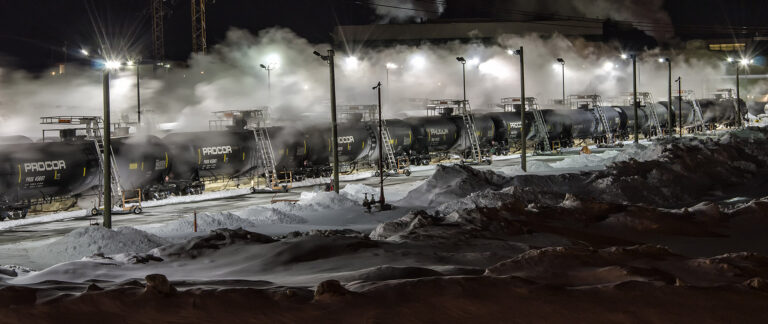Climate change and the environmental degradation it causes lead to the violation of...
Ocean acidification is a symptom of humanity’s dangerous addiction to fossil fuels.
The ocean absorbs about 30% of the carbon dioxide that is released into the atmosphere, so as the concentration of CO2 in the atmosphere has increased due to the burning of fossil fuels, so too has the concentration of CO2 in the ocean. As a result, in the last 200 years, the pH of the surface ocean waters has decreased by 0.1, which translates to a 30% increase in acidity.
Ocean acidification impacts many ocean species, but especially those organisms that rely on calcification for their shells and skeletons, like oysters and corals. The latter, in particular, perform a crucial role in supporting rich biodiversity in ocean reefs. Their decline is already having severe impacts on those ecosystems. Furthermore, plankton – which are an essential part of the food chain, and also responsible for most of the transfer of carbon dioxide from the atmosphere to the ocean – are also particularly vulnerable to ocean acidification.
The decimation of these key species in marine food chains threatens the long-term potential for the ocean to act as a source of food, which is a central part of the diet of many communities and cultures around the world.
Photo Credit: Dead corals. Ocean acidification – a result of carbon emissions – is especially dangerous for coral reefs, which are crucial for ocean biodiversity. Photo by James Gilmour at the Australian Institute of Marine Science (CC BY 3.0 AU).
More reading...
Under the International Covenant on Economic, Social and Cultural Rights (ICESCR), everyone has...
The exercise of the right to freedom of assembly and peacefully protest is...
The combustion of fossil fuels, including oil, gas, and coal, is the single...
The principle of a just transition ensures that climate mitigation and adaptation are...






